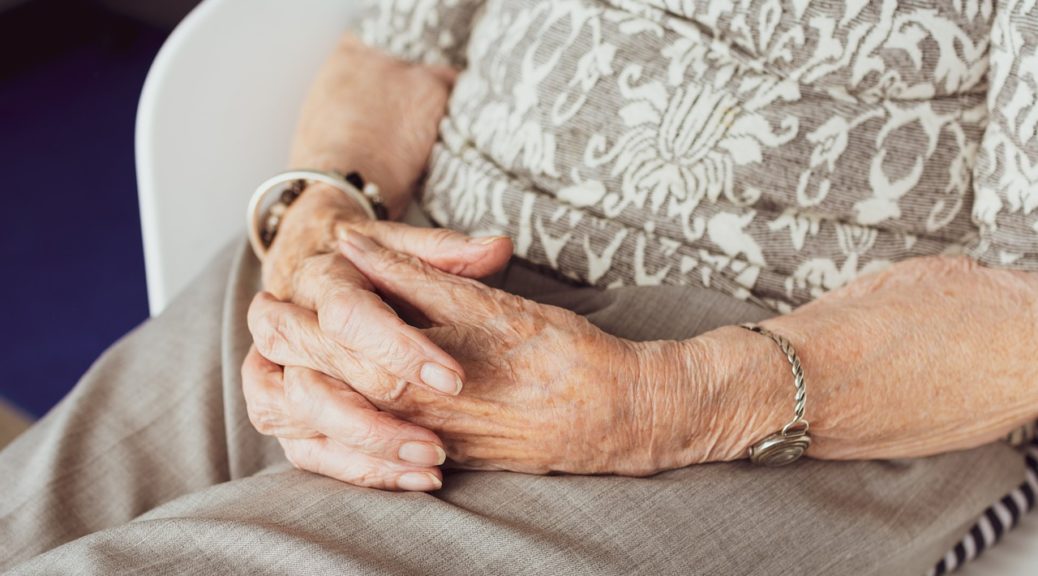By Richard Petrosyan
Wherever in the world you go, wealthy or poor countries, the name of the City of Angels sparkles in the eyes of all souls. Money, celebrity, luxury, and power are all they believe L.A. revolves around. Nonetheless, contrasting socio-economic conditions from one suburb to the other, from one street block to the other, contribute to moderate that illusion.
One epitome of this disparity is the coastal city of Santa Monica, most famous for its iconic pier. The independent city is also home to hotels, restaurants, business, and educational institutions. Under its sunshine, we sometimes spot homeless people and often overlook the daily struggles they might encounter. Numerous non-profit organizations ally with local officials to actively combat this persisting crisis. Five percent of all social housing constructed in the city lawfully remains subjected to rent control and is destined for the elderly and financially underprivileged, thereby braking the fast-growing real-estate development on the shore to the benefit of the downtrodden. Financial and food assistance is provided to the greatest number. Countless donors keep promoting philanthropic and altruistic projects, but these are far from enough. Many of our fellow Angelinos live near the coast. For the underprivileged, the life of tranquility we tend to idealize is so close, yet so far, as they remain constantly preoccupied by survival.
I have been volunteering for the past 4 years in a non-profit organization that delivers meals to the homes of the disabled. My time volunteering provided me with so many rich experiences that they are difficult to summarize in this article. I thought, however, that I would share some highlights.
Firstly, we attempt to alleviate their solitude. As we deliver to the same clients every day, we bond with people who depend on our help. When they have children, the latter live cities, sometimes states, away and only call every once in a while. Their partners, if any, are long gone. In a nutshell, these people live in absolute solitude. Our goal is to deliver more than a meal, and it does not take much. Just a trivial conversation, some human contact, a short help in carrying something from one location to another, providing comforting words…or just a smile. That is all they need to keep them going for the day. Seeing their faces light up when you prepare to leave is priceless: you feel that you were actually useful to society today.
Secondly, we fight hunger. Too many times, we, the community of volunteers, have seen clients without the strength to stand up, and without the ability to perform basic, daily housekeeping duties. how can they be expected to leave the house, to buy groceries, to stand up in the kitchen for hours preparing their meals and washing the dishes. We attempt to provide the best-quality food that we get and distribute it to all our clients in priority, and if some is left, it is not difficult to come across a homeless local who needs it. The most heart-breaking cases include when hungry individuals approach you with the food in your car trunk and ask you for a piece of bread when you must give it to the client upstairs. You generally dig for extras, or anything you can give to them, and most of the time, you can find something to bring a smile back to their faces.
Thirdly, volunteers and clients enrich each other. Speaking to your regular clients leads to both the volunteer and the client to open up about their life experiences as part of the bonding process. You may come across people with unbelievable pasts and cannot help wondering how they got there. They share their experiences, successes and mistakes, and you learn from them more than you would first expect. On the other hand, the volunteer’s experiences broaden the client’s visions, sometimes change their outlook on life, give them something to rejoice about, somebody else’s story to root for. You end up forming strong relationships in places you would have never expected, all the while, through the little you do, spreading happiness at the level of your community.
In conclusion, Los Angeles embodies a gorgeous landscape and shelters a vibrant community of interconnected professionals who excel in their respective fields, but its problems cannot be overlooked. By increasing our awareness and joining our strengths, we definitely can make a difference in the long run.
Featured image from Pixabay
Richard is an undergraduate freshman majoring in Neuroscience and minoring in Health Care Studies. Growing up in France and arriving to the United States in his early teen years, he understands very well the hardships of immersing yourself in a new culture with a new language and new customs. He interacted with multiple immigrant communities both in the US and in France and developed efficient methods of discovering new cultures comprehensively. In his free time, he enjoys playing the piano, working out, learning new languages, and reading books.


